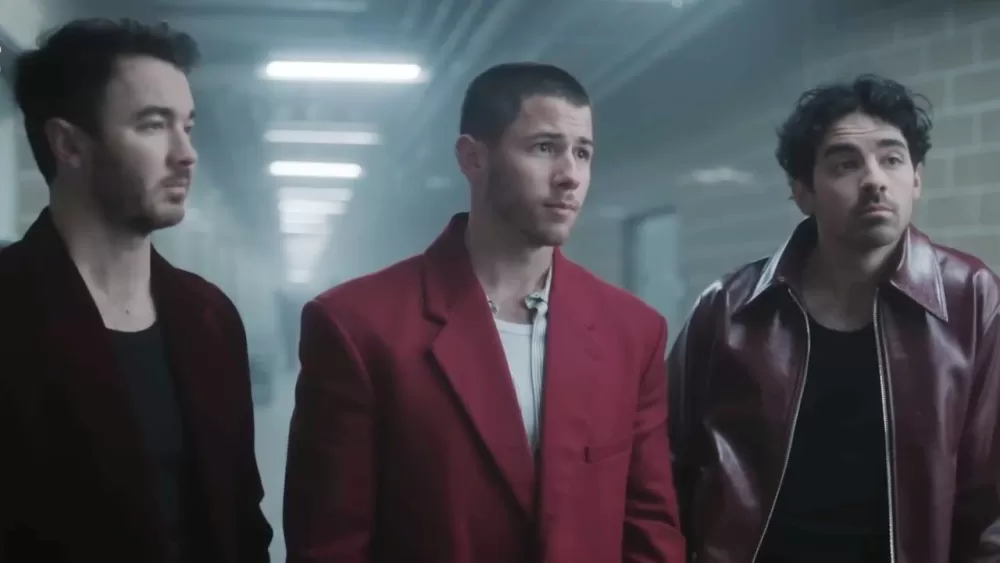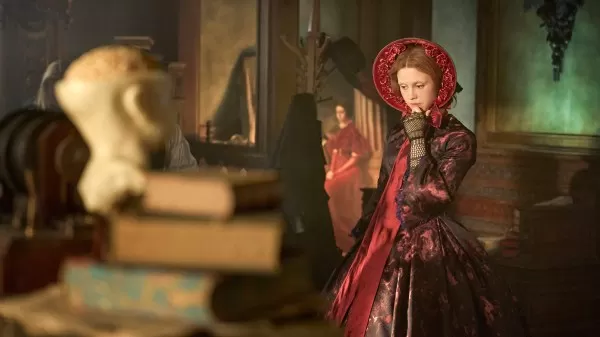GoldenEye: Thirty Years Later, How 007's Comeback Shattered Expectations and Reshaped an Icon
Share- Nishadil
- November 15, 2025
- 0 Comments
- 4 minutes read
- 32 Views

Thirty Years On: GoldenEye Still Shakes Up James Bond
Thirty years after its release, GoldenEye remains a monumental achievement, not merely for introducing Pierce Brosnan as James Bond, but for boldly reimagining the franchise for a post-Cold War generation and solidifying its place in cinematic history.
Honestly, remember that feeling? It had been, what, six long years since James Bond last graced the big screen. Six years! A cinematic eternity, you could say. The world had changed so much since License to Kill, and frankly, many wondered if 007, bless his dashing heart, still had a place in it. The Cold War, that ever-reliable backdrop for global intrigue, was gone. The whole premise felt a bit… well, anachronistic. But then, in 1995, something truly remarkable happened. GoldenEye exploded into cinemas, not just bringing Bond back, but—and this is the key—making him utterly, gloriously relevant again. It was a daring act of cinematic resuscitation, and boy, did it pay off.
Enter Pierce Brosnan. A face that simply belonged in a tuxedo, with a smirk that promised danger and wit in equal measure. He’d been famously overlooked before, but now, the timing was just right. Brosnan wasn't just wearing the role; he was inhabiting it, injecting a certain sophisticated swagger while still acknowledging the character's inherent—and often charmingly outdated—machismo. He balanced the suave with the serious, the one-liner with the intense stare. It was a performance that felt both classic and utterly fresh, a perfect bridge for a character caught between two eras.
And then there was M. For once, Bond wasn’t just dealing with shadowy male figures; he was up against Judi Dench’s M, a woman who didn't mince words and certainly wasn't impressed by his 'relic of the Cold War' charms. She called him out, right there, on his sexism, on his outdated views. It was a bold, brilliant move, injecting a much-needed dose of reality and challenging the very core of Bond’s sometimes-problematic persona. This wasn’t just a new Bond; this was Bond being held accountable, being pushed to evolve. It felt, honestly, rather groundbreaking for the franchise.
And the women! Ah, Xenia Onatopp, played with such unhinged, sensual relish by Famke Janssen. She was pure, unapologetic villainy, a character so over-the-top yet utterly compelling, she practically chewed through the screen. And then there was Natalya Simonova, portrayed by Izabella Scorupco—a brilliant programmer, a survivor, a woman who wasn't just a damsel in distress but an active participant, challenging Bond's often-patronizing protection. These weren’t just accessories; they were forces, adding layers of danger and unexpected depth to the narrative.
Martin Campbell, the director, truly understood the assignment. He brought a crisp, kinetic energy to the film, from that iconic dam jump (still jaw-dropping, isn’t it?) to the brutal, elegant fight sequences. The pacing was relentless, the stakes felt genuinely high, and the locations—oh, the glorious locations!—were pure Bond. It was stylish, yes, but beneath the polish, there was a gritty determination, a sense that every punch, every explosion, every narrow escape mattered.
The gamble paid off, spectacularly. Critics, by and large, adored it, praising its fresh take and Brosnan’s commanding presence. And audiences? They flocked to theaters in droves, hungry for Bond and finding a feast. GoldenEye wasn't just a hit; it was a phenomenon, proving definitively that 007 still had the magic touch, still had a place in the global imagination. It cemented Brosnan’s tenure, set the stage for future installments, and frankly, saved the franchise.
But the film's legacy, you know, it stretches beyond the silver screen. You simply cannot talk about GoldenEye without talking about that Nintendo 64 game. Honestly, for many of us, it was the film, just in interactive form. A groundbreaking first-person shooter that redefined multiplayer gaming, setting benchmarks that countless titles would try—and often fail—to replicate. It became a cultural touchstone in its own right, a testament to the film's pervasive influence and its ability to transcend mediums.
Thirty years have flown by since Bond first uttered that iconic line, 'For England, James?' and the world was reintroduced to a more complex, yet still undeniably thrilling, 007. GoldenEye wasn't just a movie; it was a statement. It proved that even the most established icons could evolve, could adapt, could—dare I say—become even stronger with a little reinvention. And for that, for its sheer daring and undeniable charm, its place in cinematic history is, for once, truly secure.
Disclaimer: This article was generated in part using artificial intelligence and may contain errors or omissions. The content is provided for informational purposes only and does not constitute professional advice. We makes no representations or warranties regarding its accuracy, completeness, or reliability. Readers are advised to verify the information independently before relying on







